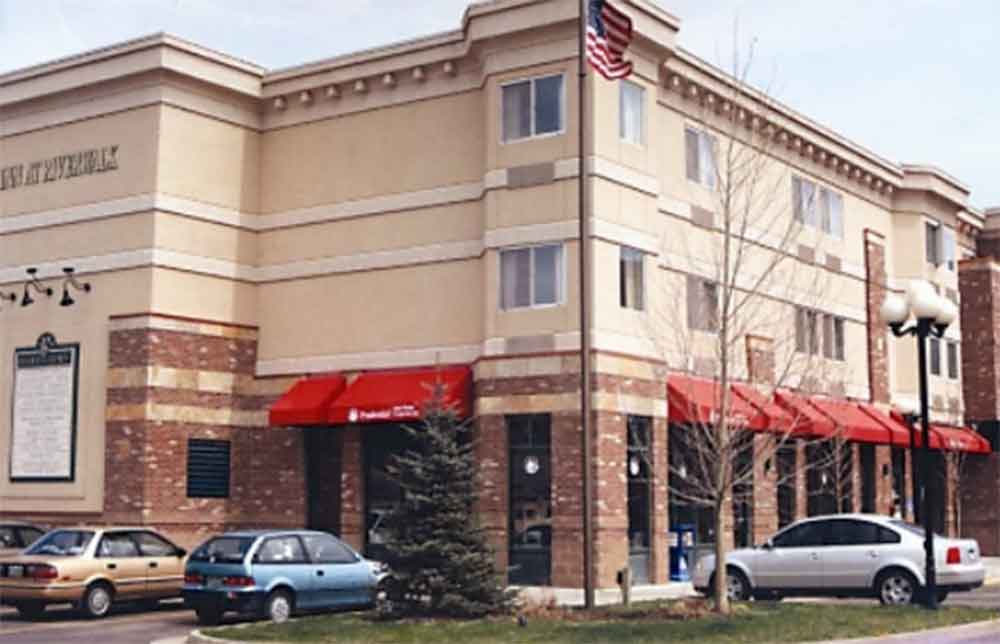DEFINING MOMENTS
Welcome to Defining Moments
Defining Moments is when an an individual person define the current and the Future strategic planning towards reaching the goals and objectives. We define our selves everyday. Defining moment for our current and future objectives is important because help an individual to set important goals and objectives that is important for person life.In everyday life, an individual should have strategic strategy to assess the objectives, goals an implementation if they are going to be met.
THE MEANING OF POVERTY AND ITS EFFECTS
Poverty has many faces, changing from place to place and across time, and has been described in many ways. Most often, poverty is a situation people want to escape. So poverty is a call to action — for the poor and the wealthy alike — a call to change the world so that many more may have enough to eat, adequate shelter, access to education and health, protection from violence, and a voice in what happens in their communities.”
POVERTY CONTRASTING POINTS OF VIEWS
There is no single meaning to describe poverty. But we all know the state of poverty. Poverty is about not having enough money to meet basic needs including food, clothing and shelter. However, poverty is more, much more than just not having enough money. The World Bank Organization describes poverty in this way: “Poverty is hunger. Poverty is lack of shelter. Poverty is being sick and not being able to see a doctor. Poverty is not having access to school and not knowing how to read. Poverty is not having a job, is fear for the future, living one day at a time.
Different Perspectives Defined Poverty
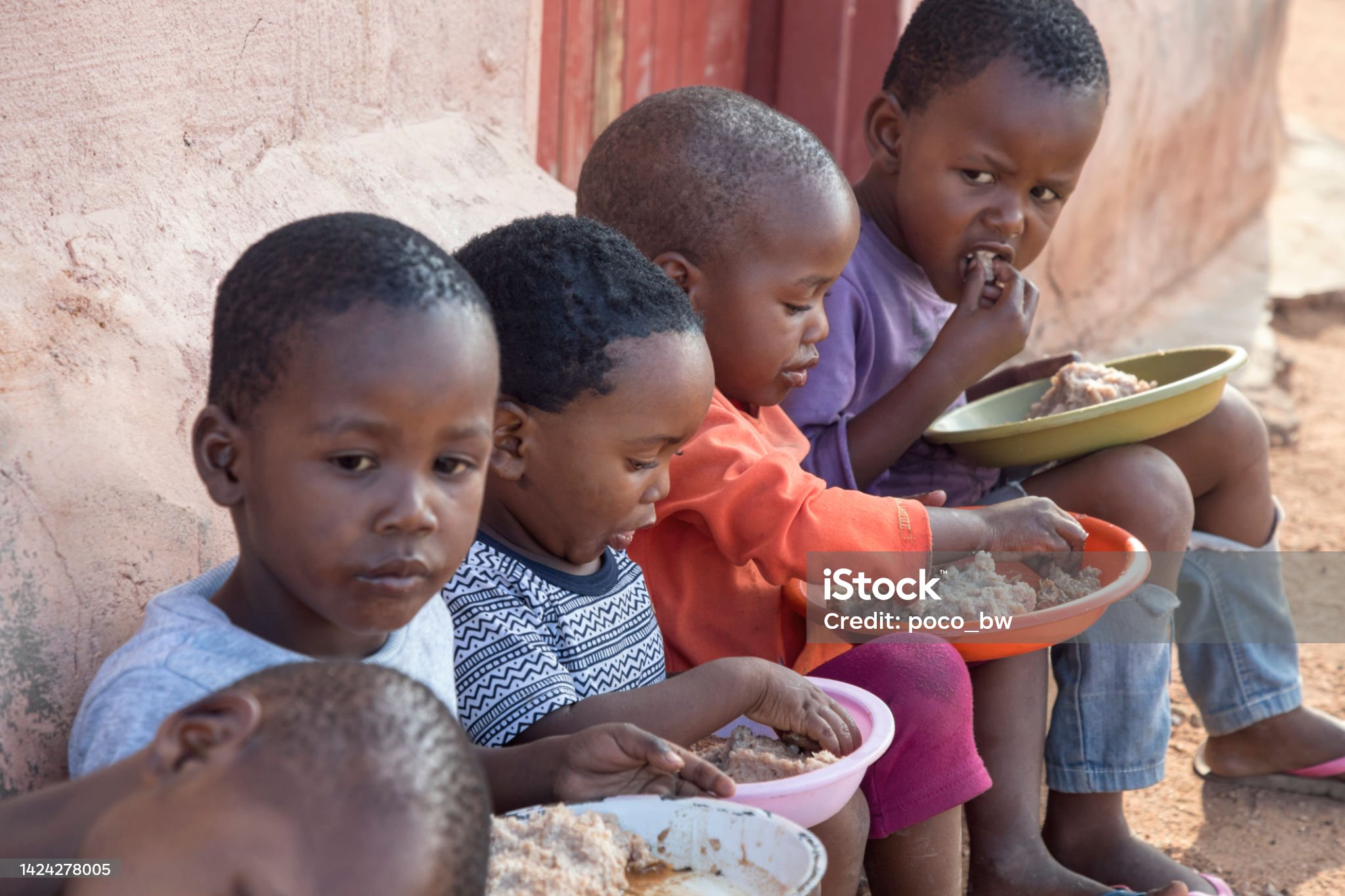
The state of not being able to afford the costs of living
Poverty is a state of not being able to afford the costs of living, such as buying food, clothes and shelter.
Poverty includes a lack of resources to use and thus causes a lack of basic needs.
Inability to afford basic Expenses
Poverty is the condition of a person not being able to obtain basic needs such as food, water, clothing, shelter, knowledge, education, information and treatment.
Poverty is also is the lack of good food in an amount not less than 2,200 calories per day along with access to essential health services, transportation, education, clothing, water, energy so that a person can live in a normal standard of living.
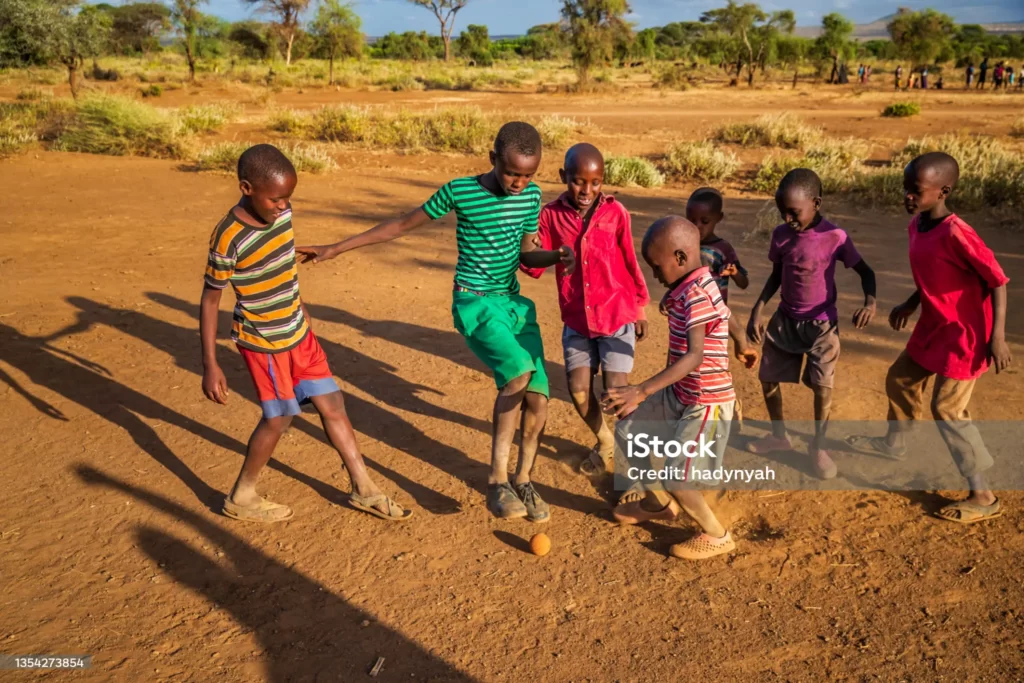
Lack of Financial and Economic Freedom

Poverty is a lack of financial and economic freedom, which causes a person, family, organization, institution, society and even the nation to be unable to choose and decide as they wish in order to have a better life.
It is a Song that is prayed without a Smile due to its Effects
Poverty, a song of many days, centuries after centuries, is sung without a smile due to its effects. It is an unpleasant song in the ears of many people.
Poverty has no mercy, it can humiliate someone regardless of age, rank, position, status, gender, residence, language, nationality and environment.
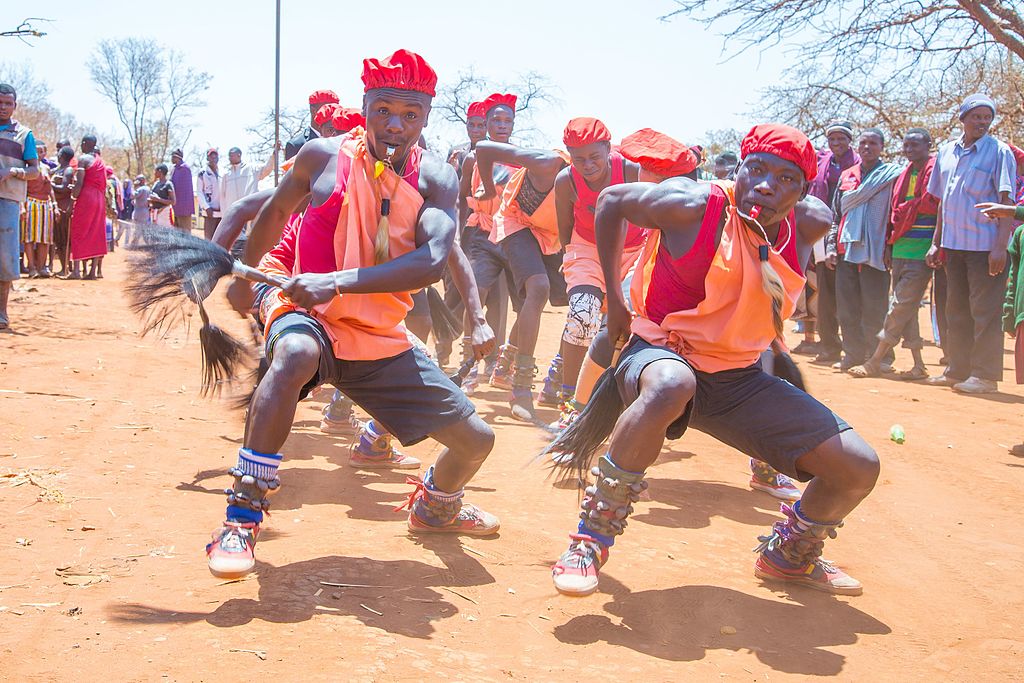

“Not unable to participate in Recreational Activities”.
In addition to a lack of money, poverty is about not being able to participate in recreational activities; not being able to send children on a day trip with their schoolmates or to a birthday party; not being able to pay for medications for an illness. These are all costs of being poor.
Those people who are barely able to pay for food and shelter simply can’t consider these other expenses. When people are excluded within a society, when they are not well educated and when they have a higher incidence of illness, there are negative consequences for society.
We all pay the price for poverty. The increased cost on the health system, the justice system and other systems that provide supports to those living in poverty has an impact on our economy.
While much progress has been made in measuring and analyzing poverty, the World Bank Organization is doing more work to identify indicators for the other dimensions of poverty.
This work includes identifying social indicators to track education, health, access to services, vulnerability, and social exclusion.
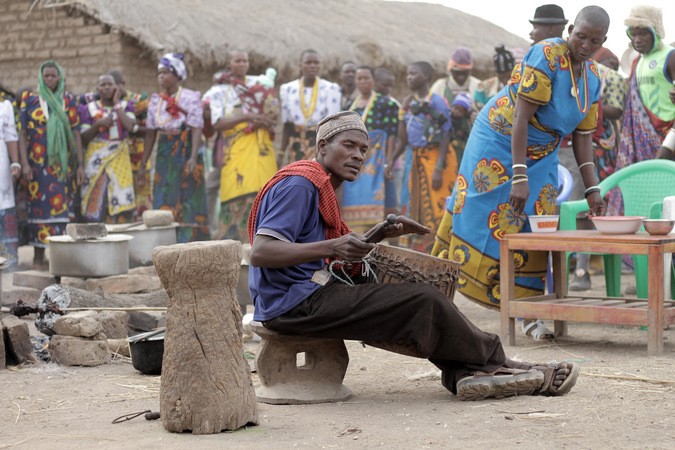
Therefore, Poverty varies with Situation and Environment


Therefore, there is no one cause of poverty, and the results of it are different in every case. Poverty varies considerably depending on the situation.
Feeling poor in Canada is different from living in poverty in Russia or Zimbabwe. The differences between rich and poor within the borders of a country can also be great.
Despite the many definitions, one thing is certain; poverty is a complex societal issue. No matter how poverty is defined, it can be agreed that it is an issue that requires everyone’s attention.
It is important that all members of our society work together to provide the opportunities for all our members to reach their full potential. It helps all of us to help one another .
EVERY PERSON, ORGANISATION, GOVERNMENT IS AGAINST POVERTY
UNITED NATIONS
The UN has the objectives of helping nations to work together to improve the lives of poor people, to conquer hunger, disease and illiteracy, and to encourage respect for each other’s rights and freedoms; Also has an objectives to be a center for harmonizing the actions of nations to achieve these goals.
UN Millennium Development Goal
The first goal of the United Nations through its Millennium Development Goals (Millennium Development Goals for the year 2015 and Sustainable Development Goals (Sustainable Development Goals) from January 2016 to December 2030 is to eliminate extreme poverty in the world.
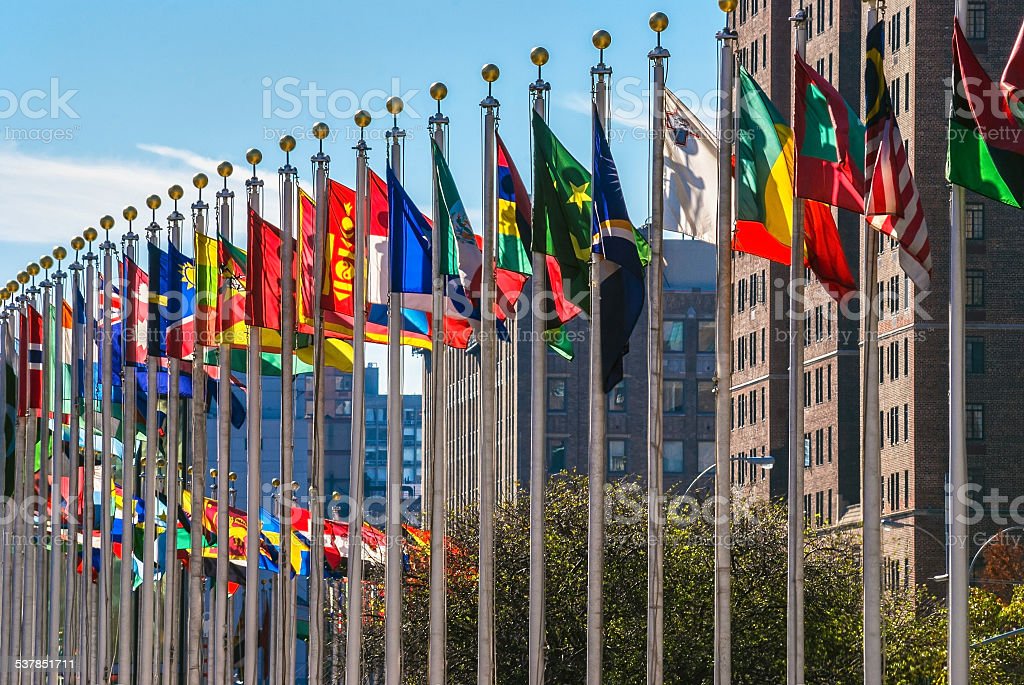
THE WORLD BANK
The World Bank as an International Organization, the bank predominantly acts as an organization that attempts to fight poverty by offering developmental assistance to middle and low income countries. The goals is to eradicate extreme poverty and boosting shared prosperity raising the incomes of the bottom countries. Also World Bank’s goal is to reduce poverty by offering assistance to middle-income and low income countries.

World Bank First Goal
The first goal of the World Bank is to eliminate extreme poverty in the world to 3% by 2030.
AFRICAN DEVELOPMENT BANK
The African Development Bank Group (AfDB) is a multilateral development finance institutions hardhearted in Abidjan.The AfDB is a financial provider to African governments and private companies investing in the regional member countries (RMC). The AfDB’s mission is to fight poverty and improve living conditions on the continent through promoting the investment of public and private capital in projects and programs that are likely to contribute to the economic and social development of the region.[
The First Objectives of AfDB
The first objective of the African Development Bank is to eradicate poverty.
While working with the government of Tanzania with shared mission of poverty eradication, they have the same objectives.
The AfDB’s mission is to fight poverty and improve living conditions on the continent.
Thisi is done through promoting the investment of public and private capital in projects and programs that are likely to contribute to the economic and social development of the region.[
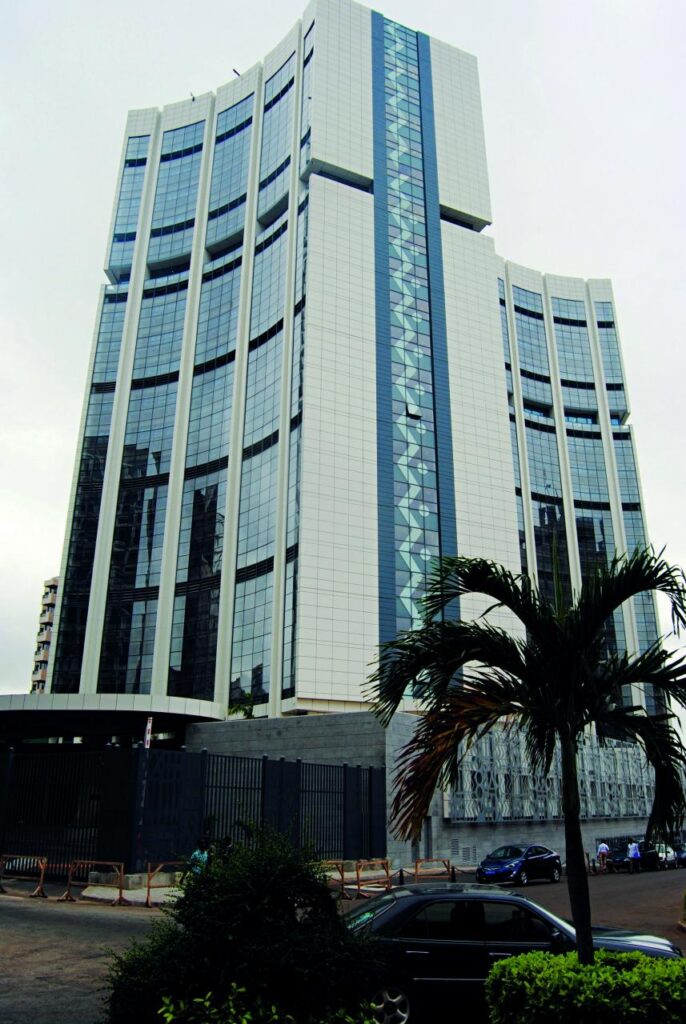
ZANZIBAR MKUZA
Zanzibar Mkuza(The Zanzibar Strategy for Growth and Reduction of Poverty (ZSGRP) offers recommendations or interventions on how the stakeholders – the Government, the Non State Actors including Development Partners, the Private Sector, Civil Society Organizations and the Community – can engage their actions and approaches to significantly enhance economic growth and thus poverty reduction
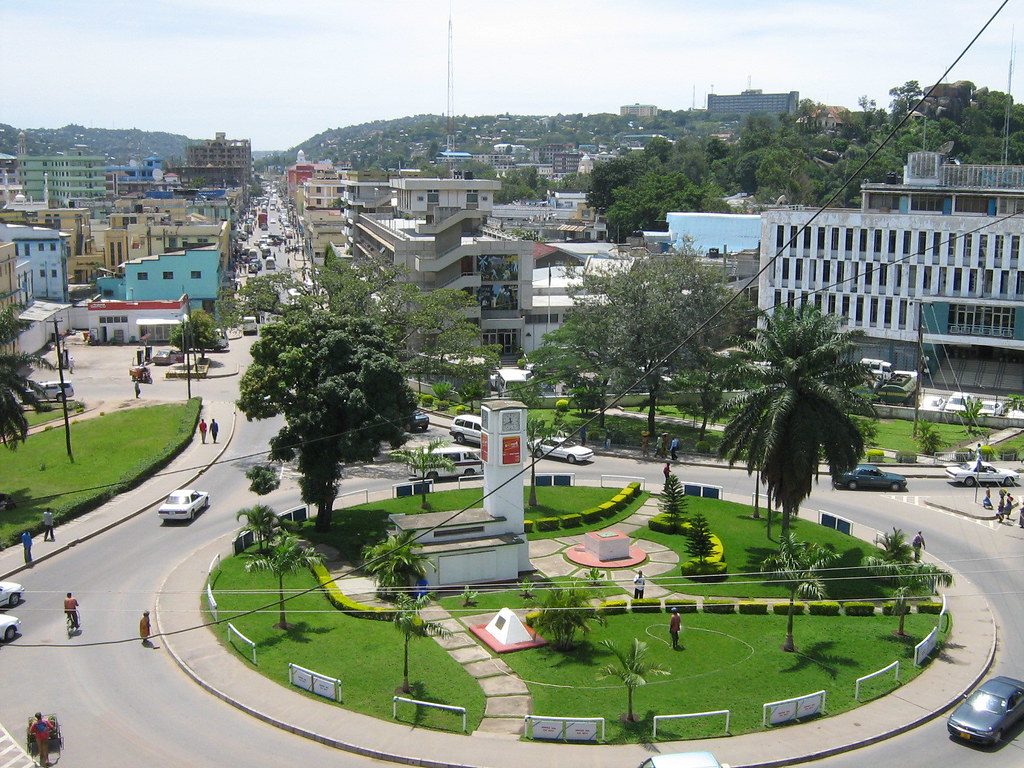
Zanzibar Mkuza Objectives
The first objective of the Zanzibar Poverty Eradication Strategy (Mkuza) is to eradicate poverty.
The ZSGRP document forms part of strategies to implement the long term vision development plan
The focus is on ensuring the attainment of sustainable growth that will reduce both the income and non-income poverty to the majority of Zanzibaris.
The strategy is in line with the international goals, commitments, and
targets, including the Millennium Development Goals (MDGs).
Mwl J.K.Nyerere with Three Enemies of the Nation
Father of the Nation, the late Mwalimu Julius Kambarage Nyerere in defining what the 1961 independence meant for the poor, young nation and its people, spelled out three basic areas of focus.
Mwalimu, the first president of Tanganyika and the United Republic of Tanzania in 1964, said then that the country had three main enemies, namely poverty, disease and ignorance.
He said defeat of the three would free the people and enable them to engage more ably in other areas of building a strong nation. He called on every citizen to join in the fight to rid the country of the three enemies.
HOLY BOOKS
The Bible is rich in wisdom about God’s love for people living in poverty — and about our responsibility to help. We love the way Jesus showed us how to care for vulnerable and marginalized individuals. Reflect on these Bible verses and pray for children, families, and communities in need.
The Holy Books, lead with their apostles oppose people to be poor

“The Goal of Jesus to come in the World is to serve people from poverty”.
Luke 4:17-19 (NIV)
“[Jesus] stood up to read, and the scroll of the prophet Isaiah was handed to him. Unrolling it, he found the place where it is written;
“The Spirit of the Lord is on me, because he has anointed me to proclaim good news to the poor”.
“He has sent me to proclaim freedom for the prisoners and recovery of sight for the blind, to set the oppressed free, to proclaim the year of the Lord’s favor.’”
EVERYONE IN THE WORLD
According to UNESCO, if all students in low-income countries had just basic reading and writing skills (nothing else), an estimated 171 million people could escape extreme poverty. If all adults completed secondary education, we could cut the global poverty rate by more than half. Education develops skills and abilities, corrects some of the imbalances that come out of marginalization, and decreases both risk and vulnerability.
Everyone in the World
“The goals of everyone in the world is to get rid of poverty”
How solution can be to poverty?
The key areas of focus for making sure that education is truly for all involve breaking down the barriers to education:
Creating access to school in remote areas, supporting teachers in their work to deliver quality education, and making sure that education is available to children living in fragile contexts.
Again, eating three meals a day and getting a healthy amount of calories and nutrients can go a long way to breaking the cycle of poverty.
When a person doesn’t have enough to eat, they lack the strength and energy needed to work. Contaminated water can lead to debilitating illnesses
“Women are the backbone in agriculture…when women have opportunities, the yields on their farms increase — also their incomes. Natural resources are better managed. Nutrition is improved. And livelihoods are more secured.
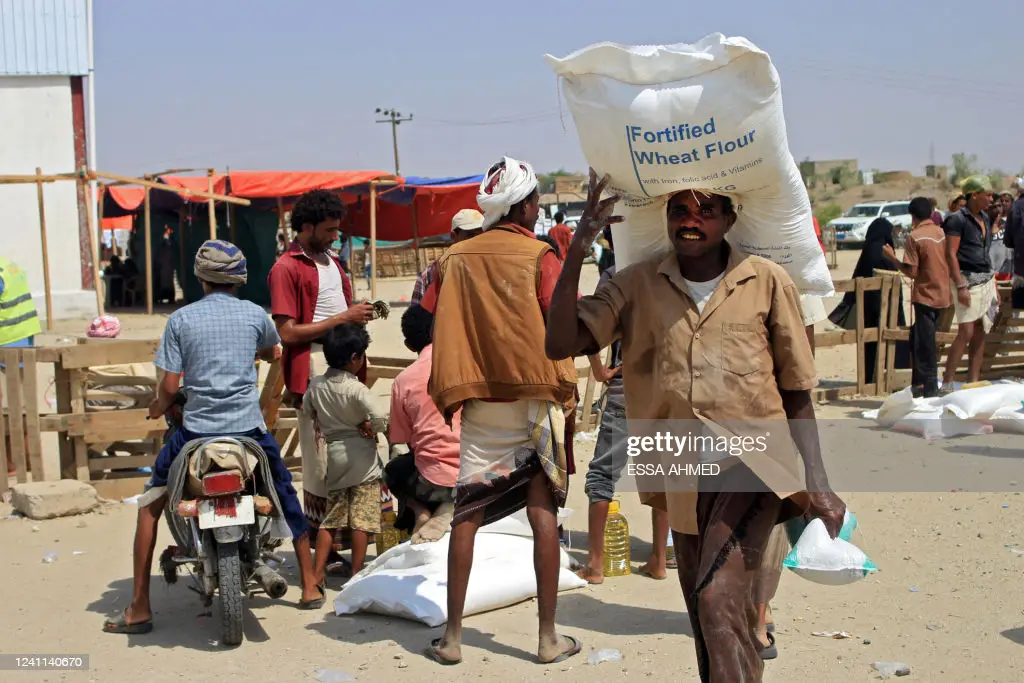
“The goal of everyone in the world is to get rid of poverty”
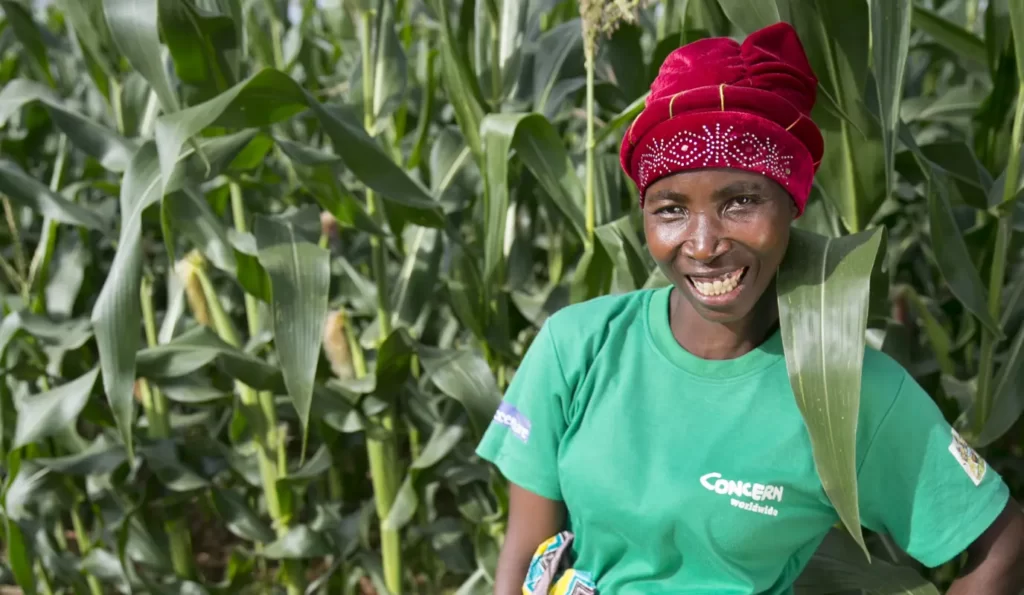
STATISTICS
Statistics show that there are close to one billion income poor in the world. Among them, most of the poor come from the African continent, which is estimated to have about 48% of all the poor in the world. Most of the poor in Africa are from the south of the Sahara desert. According to international statistics from the World Bank report that measures the level of poverty based on one dollar, it shows that according to the 2007 report, 88% of Tanzanians are poor.
DEFINE YOUR MOMENTS
To achieve important success in life, an individual, family, institution must have goals and a way to achieve them.
In every step a person takes must have plans and goals in life. This step of setting goals and plans is what enables an individual to achieve their goals effectively.
A person or institution or family must also have a strategic plan to achieve the given goals. Setting goals in life and accomplish them is the main purpose of every person, organization, family even the national as well.
Achieving success by meeting the goals is not easily anyway, it need good mission, vision and strategic plans to achieve that plans.

WHAT IS YOUR DEFINING MOMENTS TO FIGHT AGAINST POVERTY?

1. What is your goals in life? These are all the things you want to accomplish in your life. Often your life goals are very meaningful to you and can make a lasting impact on your life. What is your goals in life?
2. What is your skills and ability to attain your goals? These are skills necessary to your life in life that facilitate in working. Skills may be accumulative experience and knowledge. What is your skills and ability to attain your goals?
3. What is you defining moments in ten years to come? This is the vision to your most important dream or mental picture. It is a set of dreams and long-term goals. It has to tell of what you would like to achieve over a longer time. It is a personal “why” or the organization’s internal purpose of existence. What is your defining Moments in ten years to come?
4. What is your challenges to attain your goals? These are challenges and issues that interfere the quality of life or ability to achieve life goals. They may be external issues that you can control or those which are beyond your control. What is your challenges to attain your goals?
5. What is your experience? The experience gives insight how well you learn from previous experiences, challenges or triumphs and how this experience can be used as an advantages towards improving the current life. What is your experience?
6. How do you solve your financial problems? Having financial problems means being unable to pay daily transactions of life living over the short or long term. Financial difficulties become a source of stress to many people to struggle in life. How do you solve financial problem?
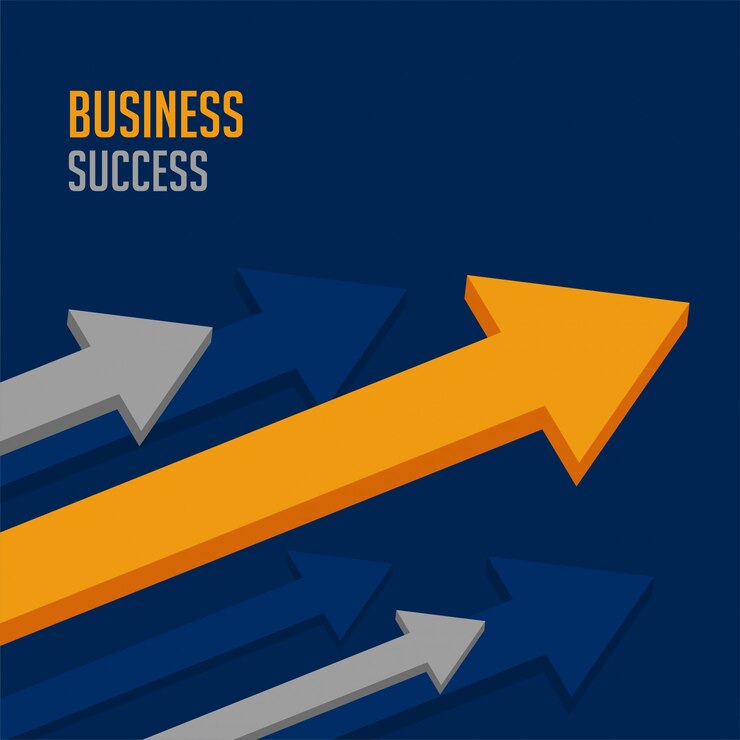
DEFINING MOMENTS STRATEGIES AND GOALS
in order to achieve important success in life, every individual, family, institution must have goals and a way to achieve them. Every step a person takes must plan goals in life. This step of setting goals and plans is what enables to be able to achieve goals effectively. A person or institution or family must have a strategic plan to achieve goals.
PERSONAL DEFINING MOMENTS STRATEGIES
It is a plan for a person and a strategy to be able to achieve his personal goals. An individual must have a vision. A vision is to identify a purpose in your personal life and take practical steps to implement that purpose.
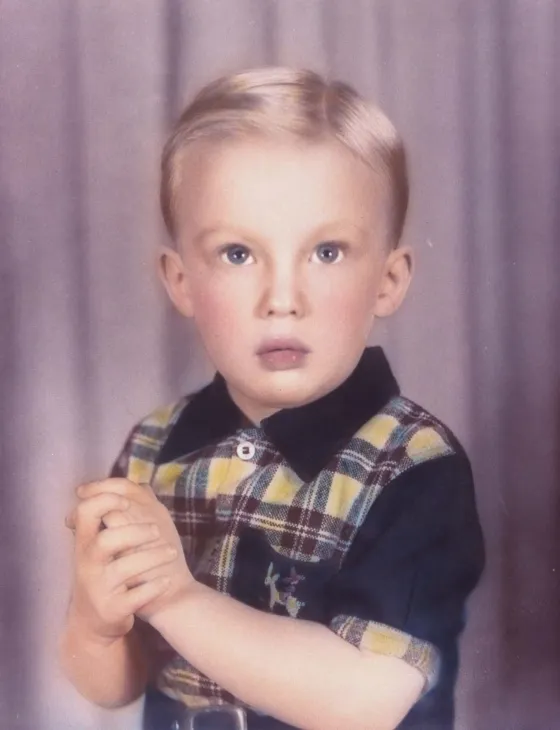
1. The Vision . The individual must have long-term goals.This vision must be clearly defined by the person in a defined time.
2. The Mission . The individual must have a specific plan to follow to achieve long-term goals.
3. The goals . The individual person must have short-term and long-term goals that you do every day to achieve long-term goals. (The Vision)
35-Strategies . Individuals must have methods to be able to achieve their daily goals.
FAMILY DEFINING MOMENTS STRATEGIES
It is a family plan and a strategy to achieve family goals. In this plan, the father, mother and children must be closely involved in order to understand the vision of the family, as well as the resources of the family. The family, led by the father, must have a long-term plan to make the family continue carrying forward the objectives of the family and make the vision of the family accomplished.
1.The family goals. The must have long-term goals that are intending to be accomplished.
2.The family Mission . The family must have a specific plan to follow to achieve long-term goals.This is the mission statement of objectives.
3. The family Vision. The family must have short-term and long-term goals that you do every day to achieve long-term goals.
4. Strategies . Individuals must have methods to be able to achieve their daily goals.(The vision)
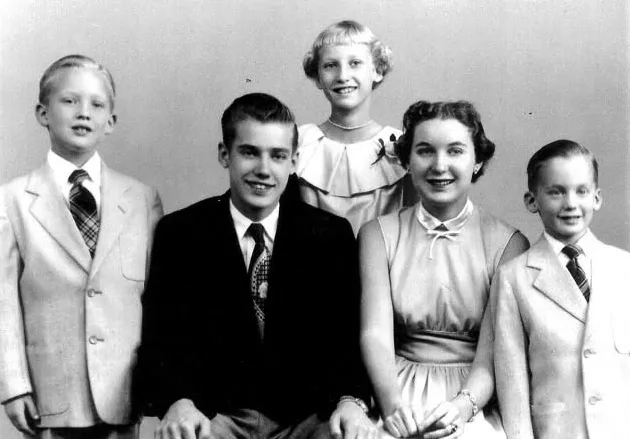
THE ORGANISATION DEFINING MOMENTS STRATEGIES
It is the plan of the institution or company to achieve the goals of the institution or company. In this plan, the head of the institution or the director must closely involve the shareholders to understand the vision of the institution or company, as well as the existing resources. The company, if led by the director, must have a long-term plan to make the institution or company continue (Vision).

1. The vision statement. The Organization must have long-term goals. This should be clearly stated during formation of the organization
2. The Mission . The Organization must have a specific plan to follow to achieve long-term goals.
3. The Organization goals. The Organization must have short-term and long-term goals that is done every day to achieve long-term goals.
4. The Organization Strategies. The Organisation must have methods to be able to achieve their daily goals.
PLANNING FOR GENERATION WEALTH
It is the plan of an individual, family or company to leave a legacy of wealth in what was established. Many powerful families that business founders were able to establish and then pass it on to their children and then their children in turn to pass it on to their children and grandchildren .In order to be able to generate wealth, an individual, family and institution or company must have a vision and be ready to raise children and give them the knowledge needed to protect and take care of property.
THE FAMILY BUSINESS

Family businesses have been around for thorough out history, and some of the most iconic brands have started as family-owned companies.
Family businesses refer to businesses where one or more family members own and control the company and are continued down multiple generations.
Family businesses are a smart way to start a new venture while retaining control over its growth.
THE FOUNDERS OF THE FAMILY BUSINESS
In the family business, the founders of the business create the business with the intention of passing down through the generations.
They play a fundamental role in setting values and culture, asserting the principles and beliefs, and defining the identity, strategy, and future goals of the company.


THE FUNCTION OF THE FOUNDER
Founders are responsible for securing the funds needed to start a business by meeting with investors or securing loans from a financial institution.
They also complete the initial marketing and operations setup, determining the brand personal and establishing a workspace
The Qualities of the Great Startup Founder of the Business
1 Vision. Great founders need a vision for where they want to take their company. Whether it’s a problem they want to solve, a product they want to bring to life, or a certain level of company growth they want to achieve, entrepreneurs need a long-term goal that will serve as the company’s foundation. Companies can adapt to business conditions and pivot strategy, but that initial vision should always remain the same.
2. Grit and Determination. The journey of starting and running a company is often incredibly hard. Every founder has had their share of obstacles, failures, and internal doubts that they had to overcome. To be successful as a founder, you must have unrelenting ambition and a willingness to “walk through walls.”
3. Integrity. Success should never come at the expense of personal and business integrity. Having integrity as a leader means being able and willing to do what is right for the company no matter what. Often founders have opportunities to cut corners, shift accountability, and make decisions that compromise their vision.



4 Coach ability. Like everyone, founders need guidance sometimes, too. Even the most seasoned leaders will encounter challenges they may not be equipped to handle.
Being open to outside perspectives and a willingness to learn from those who are more experienced is essential for personal and business growth.
Accepting feedback comes with the territory of running a business; but great leaders know how to seek out help from mentors, ask the right questions, and bring those insights back to the company.
5. The Ability to Recruit and inspire. Founders can’t do everything alone; they need powerful teams at their side. Especially in today’s red-hot talent market, the ability to recruit and retain employees is one of the most critical factors for a startup.
Early-stage founders especially need to be able to sell prospective hires on their vision and mission, while also keeping employees engaged and invested in the company’s long-term growth.
Being an inspirational leader doesn’t necessarily require an impressive background or a commanding presence; it simply means being values-driven, committed to your vision, and willing to empower your employees.
6. An “Unfair” Advantage. Startup success is often less about being first and more about being the “best.” Founders that have specialized knowledge or experience in their particular field tend to have an advantage that they can leverage over competitors and incumbents in the same industry..
While a competitive advantage doesn’t guarantee victory, it certainly puts the company in a better position to accelerate growth. Founders also need reliable partners to help them along the journey.
CASE STUDY;
The best Ten Families Businesses That Have Made it Big in the World.
When you think of a family-owned business, you may imagine the occasional small mom-and-pop store. But the truth is, there are 5.5 million family businesses in the United States, which account for 57% of America’s gross domestic product (GDP) and 63% of our workforce. Here are 10 family-owned businesses that have made it big.

Walmart
In 1962, Sam Walton opened the very first Walmart store in Bentonville, Arkansas. The company’s success surpassed even Walton’s expectations, and Walmart has grown to be a retail giant.
Sam Walton died in 1992, and he left 50% of the company’s equity to his wife and children. His family manages these shares through the Walton Enterprise, a company set up to manage the family’s fortune.
Many members of the Walton family have worked at the company or served on the board of directors over the years. Jim and Steuart Walton currently serve on the board of directors.
Chick-fil-A
S. Truett Cathy started Chick-fil-A in 1946, and the company is currently the third-largest fast food chain in the U.S., thanks to its unique franchise structure.
Chick-fil-A currently has 2,470 locations across the U.S., and its sales are competitive with chains that have three times as many restaurants.
Throughout the years, the company has remained within the family’s control. S. Truett’s sons Dan and Donald Cathy currently serve as the CEO and executive vice president of Chick-fil-A.
The family continues to stay true to its southern roots, focusing most of its expansion across southern states. The Cathy family has expressed their dedication to preserving the legacy that S. Truett created.

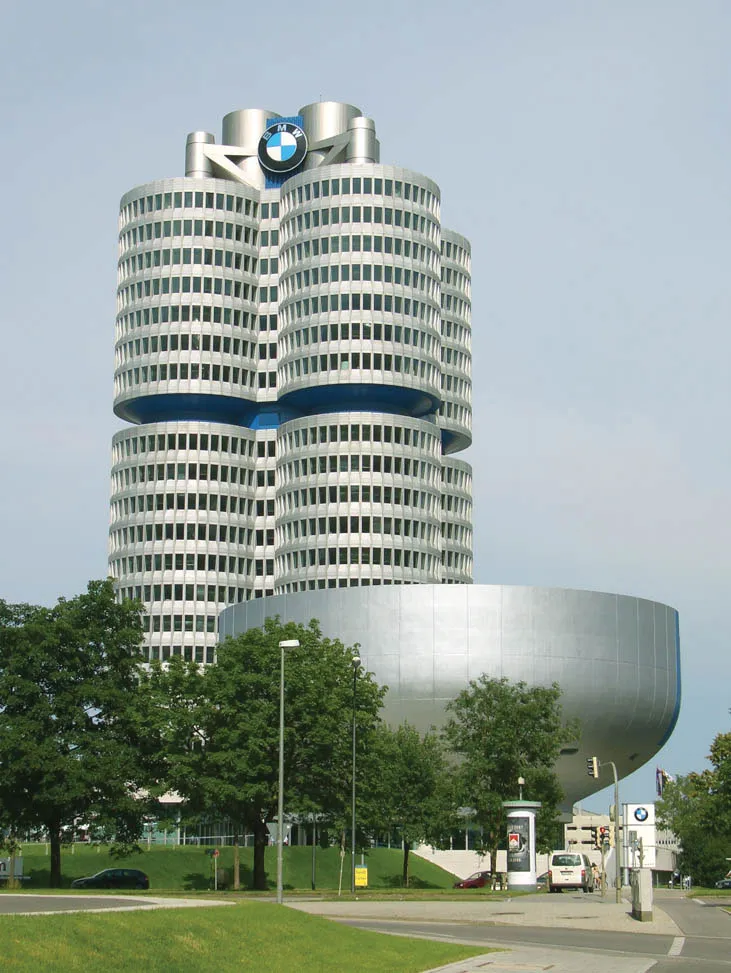
BMW
Günther Quandt founded what would later become known as BMW in 1916.
The company actually began as an airplane engine company before transitioning to one of the largest luxury manufacturers in the world.
The company has gone through many name changes and transitions over the years, but the family still holds a controlling 46% stake in the company.
And Quandt’s grandson Stefano currently owns a 17% stake in the company.”Chick-fil-A currently has 2,470 locations across the U.S., and its sales are competitive with chains that have three times as many restaurants.”
Carnival Corporation
In 1972, Carnival was founded by Ted Arison with a single ship called the “Mardi Gras.” The company struggled for the first couple of years it was in business. But eventually, Carnival made a name for itself as one of the most popular cruise lines in the industry.
Arison passed away in 1999, but his family continues to have an active role in the business. His children, Micky and Sharon, still own a large stake in the company. Micky currently serves as the chairmen of the board of directors.
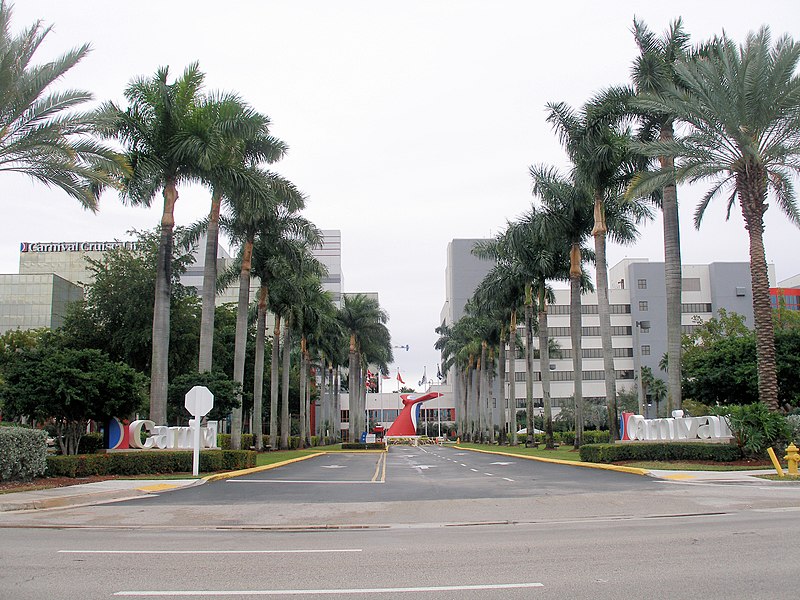

Comcast
Most people are familiar with the broadcasting and cable company Comcast. Comcast was founded in 1963 by Ralph J. Roberts and the family still owns over 33% of the company to this day.
The company is one of the largest internet service providers in the U.S. Comcast also operates several TV stations, as well as Universal Pictures movie studios.
Roberts’ son Brian serves as chairman and CEO, and several members of the Roberts family currently work at Comcast.
Ford Motor Company
In 1903, Henry Ford started Ford Motor Company in Detroit, Michigan. The company is currently the second-largest automaker in the U.S. and the fifth-largest in the world. In 2019, the company brought in an annual revenue of $156 billion.
Ford’s family still owns a 40% stake in the company and is still actively involved in the business. William Clay Ford Jr. serves as executive chairman, Elena Ford is the chief customer experience officer and Edsel B. Ford II serves on the board of directors.


Estée Lauder
Estée and Joseph Lauder founded Estée Lauder in 1946, and by 1960, the company had become one of the biggest names in the beauty industry. They had two sons who are actively involved in the business as well, and have been since the beginning.
Today, second and third generations of the Lauder family serve within the company. Estée and Joseph’s son Leonard currently serves as chairman emeritus, and both Leonard and Joseph’s children serve in executive roles within the company.
Dell
Michael Dell started Dell from his college dorm room in 1984. Once the company proved to be a profitable venture, Michael Dell dropped out of school to focus on the business full time.
The company’s success came from improving delivery times, cutting costs and providing exceptional customer service.
In 2016, Dell merged with the computer storage company EMC in a $60 billion deal, but the Dell family still owns a 75% stake in the company.
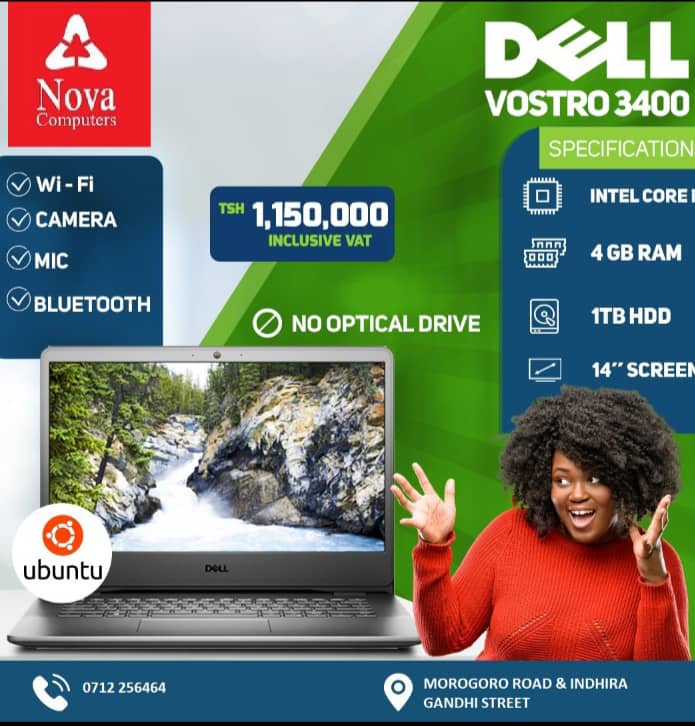

ALDI
In 1946, brothers Theo and Karl Albrecht turned a corner thrift store into a low-cost supermarket called Aldi.
Aldi is now a global supermarket chain with 10,000 locations.
Aldi is one of the biggest reasons companies like Walmart have struggled to gain a foothold in Europe.
In 1979, the company acquired the supermarket chain Trader Joe’s as well.
When Theo Albrecht died in 2010, his sons Theo Jr. and Berthold inherited the family fortune. To this day, the family still owns 100% of the business.
Berkshire Hathaway
Legendary investor Warren Buffett started Berkshire Hathaway in 1965. The company owns a number of other firms, including GEICO, Dairy Queen and Helzberg Diamonds.
Unlike some of the other companies on this list, Berkshire Hathaway doesn’t define itself as a family business, but Buffett still owns a majority share and voting control of the firm. Once he passes, the shares will be transferred to either his wife Susan or a family foundation.
Behind the word mountains, far from the countries Vokalia and Consonantia, there live the blind texts they live
